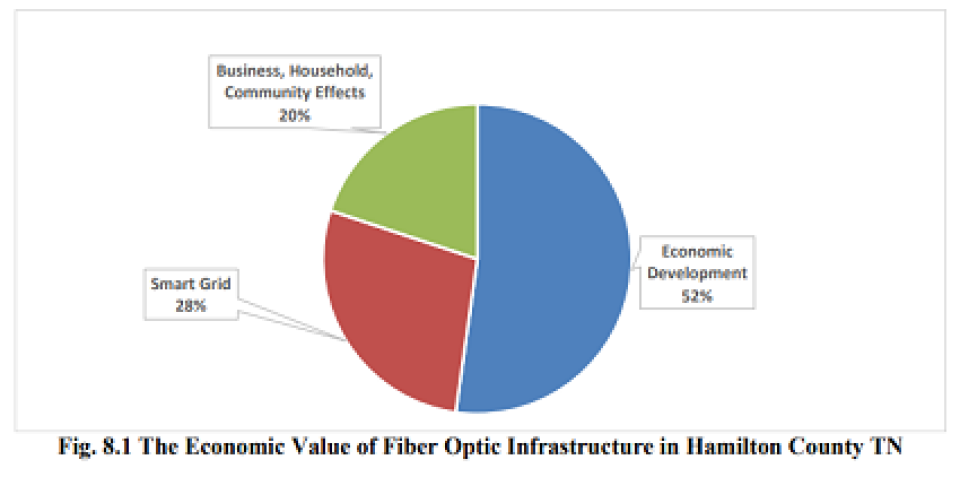Announcing ILSR’s Participation in the ACLS 2021 Leading Edge Fellowship Competition
The Institute for Local Self-Reliance (ILSR) is pleased to announce that it has been selected by the American Council of Learned Societies (ACLS) as a host organization for two Leading Edge Fellowships, which demonstrates the potential of humanistic knowledge and methods to solve problems, build capacity, and advance justice and equity in society. Leading Edge Fellowships place recent humanities PhDs with nonprofit organizations committed to promoting social justice in their communities.
In Fall 2021, the program will place up to 41 recent PhDs to work on projects at partnering organizations. Fellows receive an annual stipend of $60,000, as well as health insurance and professional development funding. Fellows lead substantive projects that draw on the skills and capacities honed in the course of earning the humanities PhD, including advanced communication, research, project management, and creative problem solving. This initiative is made possible through the support of The Andrew W. Mellon Foundation.
Applications are due May 6, 2021 (9pm EDT). For more information, visit https://www.acls.org/Competitions-and-Deadlines/Leading-Edge-Fellowships
ILSR will host two fellowship positions:
PROJECT 1




